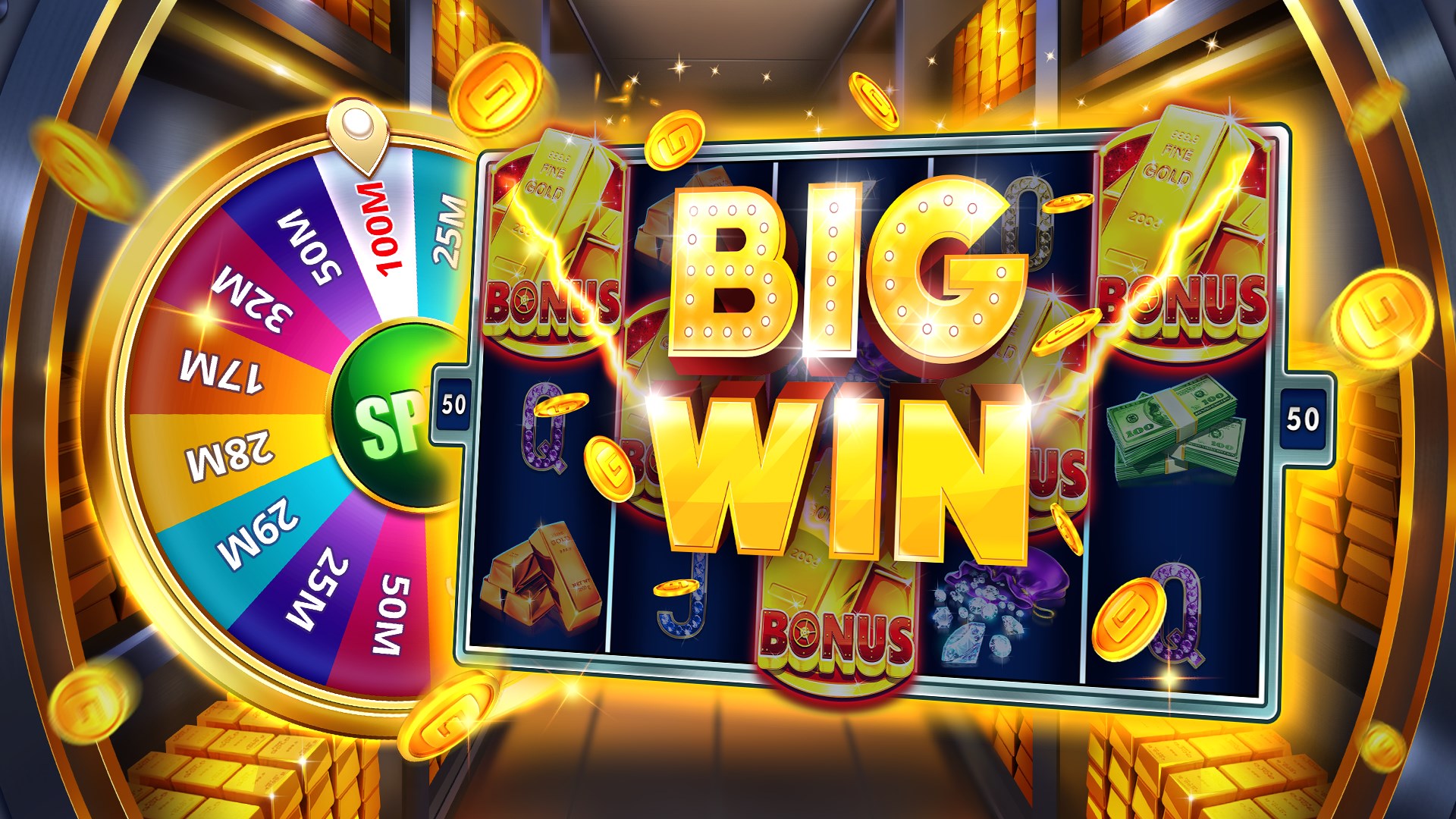Within the dynamic world of casinos, where the air buzzes with excitement and the clattering of tokens fills the environment, the role of a dealer is both essential and fascinating. Each day, these experienced professionals step into a realm where luck and tactics intertwine, guiding players through the ups and downs of their chosen casino titles. From table games like blackjack and texas hold ’em to the revolving wheels of roulette, dealers facilitate the action while making sure that every game operates seamlessly and fairly.
As the day breaks on another hectic day, a casino game dealer gets ready to dive in this vibrant environment. Their duties extend beyond merely dealing the cards or turning a wheel; they are also performers, service providers, and keepers of the game regulations. 98win Each workday brings new challenges and interactions, making every day distinct in the life of a casino dealer. This insider look will explore the daily routine of a casino dealer, showcasing the skills and insights that make this profession both exciting and fulfilling.
The Role of a Gambling Game Dealer
A gambling table croupier is at the core of the gaming experience, orchestrating the progress of the play while making sure that players are involved and enjoying themselves. Their main responsibility is to oversee the game, which includes dealing cards, spinning the wheel, or managing the chips, depending on the game being played. Dealers must possess a deep understanding of the rules and regulations governing each type of game, while also maintaining a welcoming and welcoming demeanor to enhance the gaming atmosphere.
In addition to managing the gameplay, dealers must also keep a close watch on the players and the surroundings around the table. This entails watching for any indications of cheating, ensuring that everyone is following the rules, and resolving any disputes that may arise among players. Effective communication skills are essential, as croupiers often provide explanations about the game’s mechanics and offer assistance to those who may be new to gambling games.
Furthermore, a croupier’s role extends past just the technical aspects of the game. They play a key part in creating an immersive experience for the players. This requires establishing a rapport with patrons, being sensitive to their wants, and often adding an aspect of fun into the play. It’s this combination of skill, vigilance, and people skills that makes the position of a gambling game dealer both challenging and rewarding in the vibrant world of casino games.
Responsibilities and Challenges in Daily Operations
One of the primary responsibilities of a casino game dealer is to manage the various games provided at their table, ensuring a smooth and pleasant experience for players. Dealers must be proficient at distributing cards, counting chips, and maintaining the continuity of the game. This calls for a keen understanding of the rules of each game, from blackjack to roulette, and the ability to address players’ questions while keeping the game progressing. Attention to detail is paramount, as dealers must track bets, disburse winnings correctly, and watch for any cheating or discrepancies at the table.
In addition to supervising the game per se, dealers encounter challenges such as dealing with difficult players. The casino environment can be stressful, particularly during high-stakes games, and a dealer must remain calm and maintain professionalism at all times. They need robust interpersonal skills to navigate interactions with players who may be frustrated about losses or dissatisfied with the game’s speed. Navigating these situations delicately is crucial in ensuring a positive atmosphere on the casino floor.
Another significant responsibility is maintaining the integrity of the game. Dealers must be alert and attentive, watching for any signs of player cooperation or cheating among players. This entails not only a strong knowledge of the games but also an awareness of player psychology. They must also adhere to the casino’s regulations and procedures, participating in regular training sessions to keep updated on rules and protocols. Balancing these responsibilities while providing top-notch customer service is what makes the role both difficult and fulfilling for a dealer in a casino.
Attributes and Skills for Achievement
A effective casino game dealer must have outstanding communication skills. This includes not only the ability to explicitly explain game rules and procedures to players but also the capacity to engage with them in a cordial and competent manner. Fostering rapport with patrons can enhance the gaming experience and inspire repeat visits to the casino. Strong communication enables dealers to manage tables efficiently while ensuring that players feel entertained.
Additionally, solid mathematical skills are essential for a dealer. Quick arithmetic are often required to keep track of bets, payouts, and game outcomes in real time. A dealer’s ability to perform these math operations accurately and swiftly promotes to the overall efficiency of the game. This skill helps in maintaining the flow of play and in minimizing disputes or misunderstandings with players, which is crucial in a rapid casino environment.
Lastly, an ideal casino game dealer should show integrity and professionalism at all times. Trust is a key component of the gaming experience, and players must feel confident that the games are conducted honestly and clearly. A dealer’s dedication to upholding high ethical standards fosters a welcoming atmosphere at the table and enhances the casino’s reputation. Being dependable in behavior ensures that dealers leave a memorable impression on guests, which can lead to a loyal customer base.

